B.S. degree in Electronic Engineering
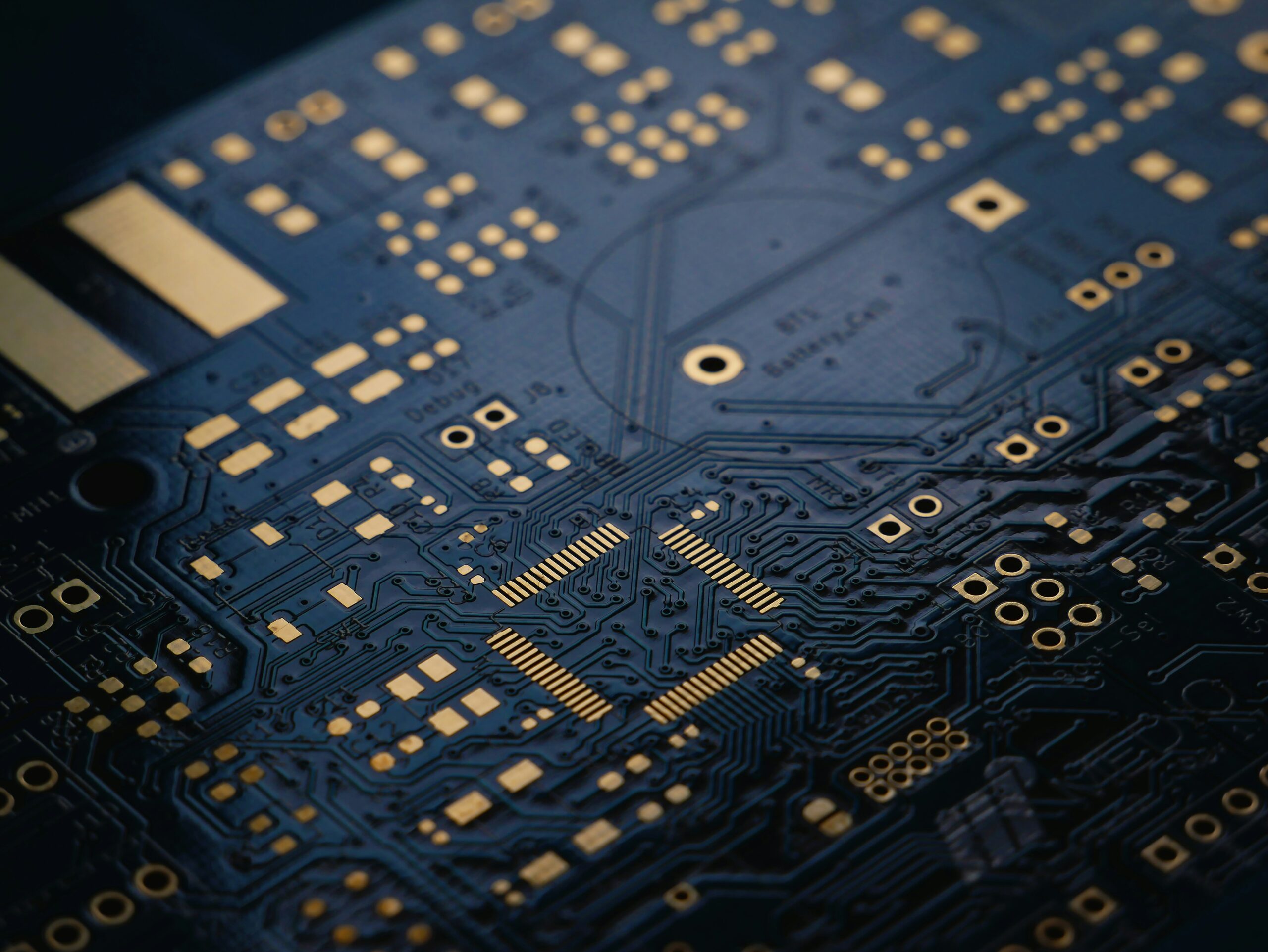

Design and Simulation of Electronic Circuits -Analog Electronics
Giorgio Spiazzi – Leopoldo Rossetto
The course covers semiconductor device principles and their application in analog circuits. Students learn to analyze and design circuits using operational amplifiers and transistors, focusing on small signal models and frequency response.
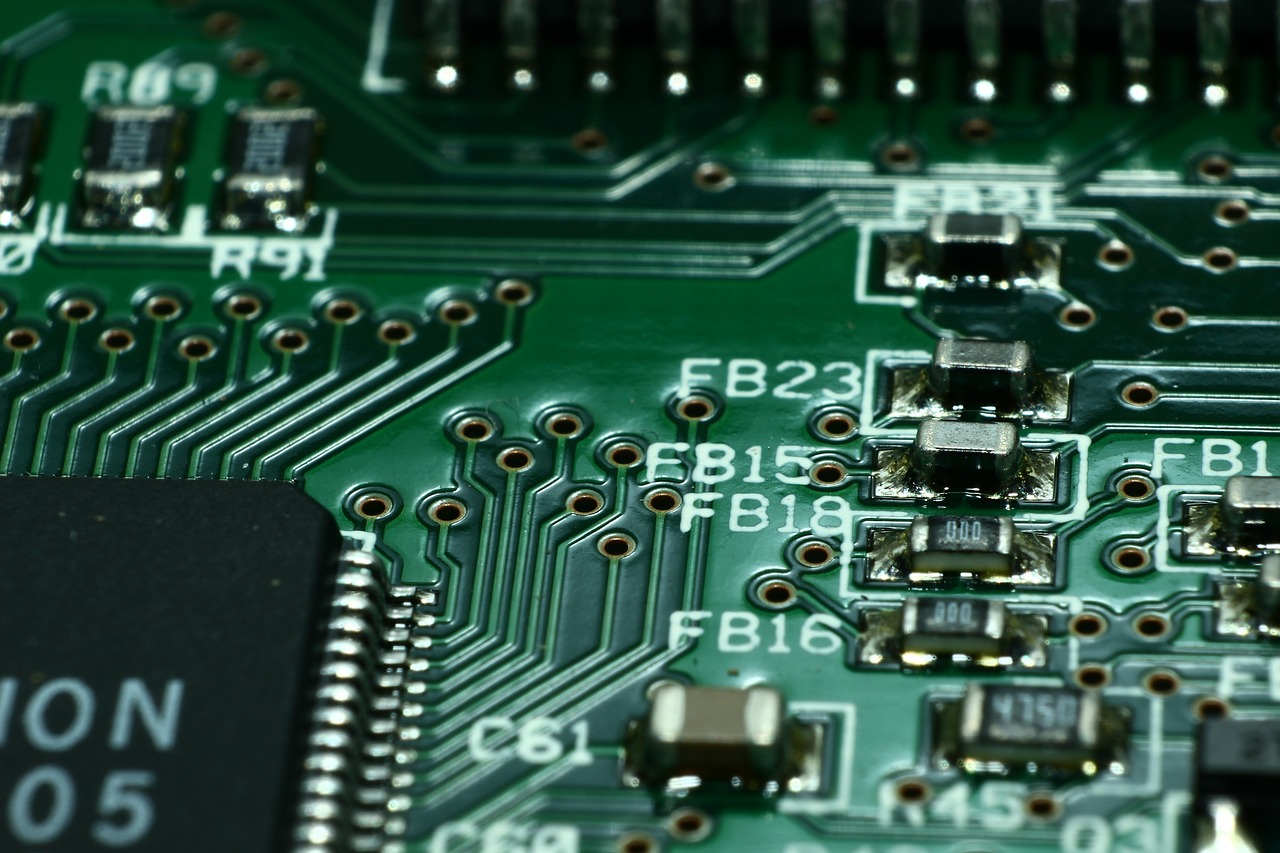

Industrial Electronics
The course focuses on microcontroller and DSP architecture, emphasizing real-time control systems in industrial applications. Students gain skills in circuit design, peripheral interfacing, and programming in C using ARM Cortex M4-based microcontrollers. The course includes theoretical lessons and hands-on lab exercises, with assessments based on practical problem-solving abilities.
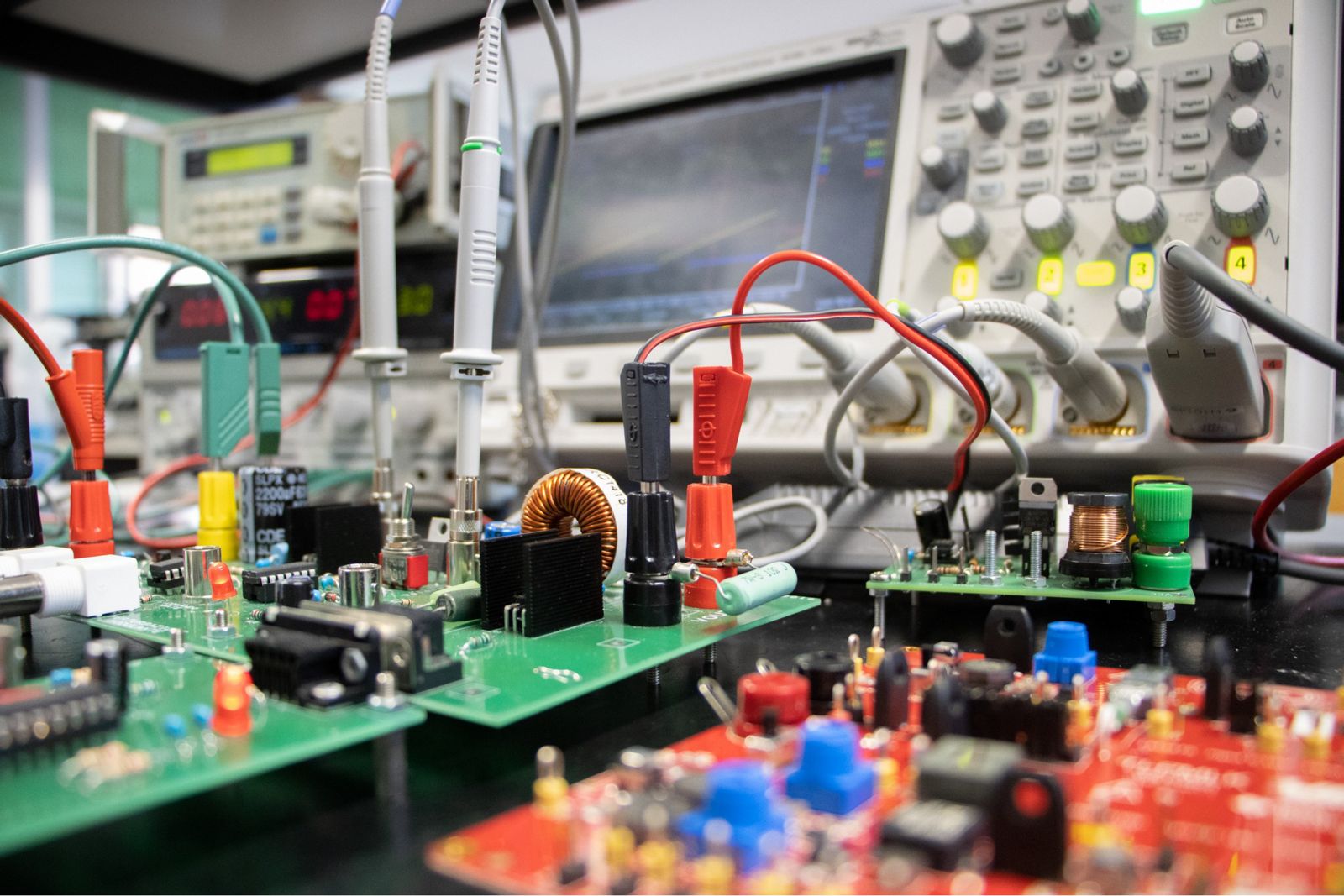

Power Electronics and Laboratory
The course covers power electronic devices, DC/DC and AC/AC conversion circuits, and control techniques like PWM. Students gain both theoretical knowledge and practical skills through laboratory work, focusing on the analysis, design, and experimental verification of power conversion circuits. The course includes a combination of lectures and labs, with evaluations based on a written exam and a hands-on lab test.
M.S. degree in Electronic Engineering
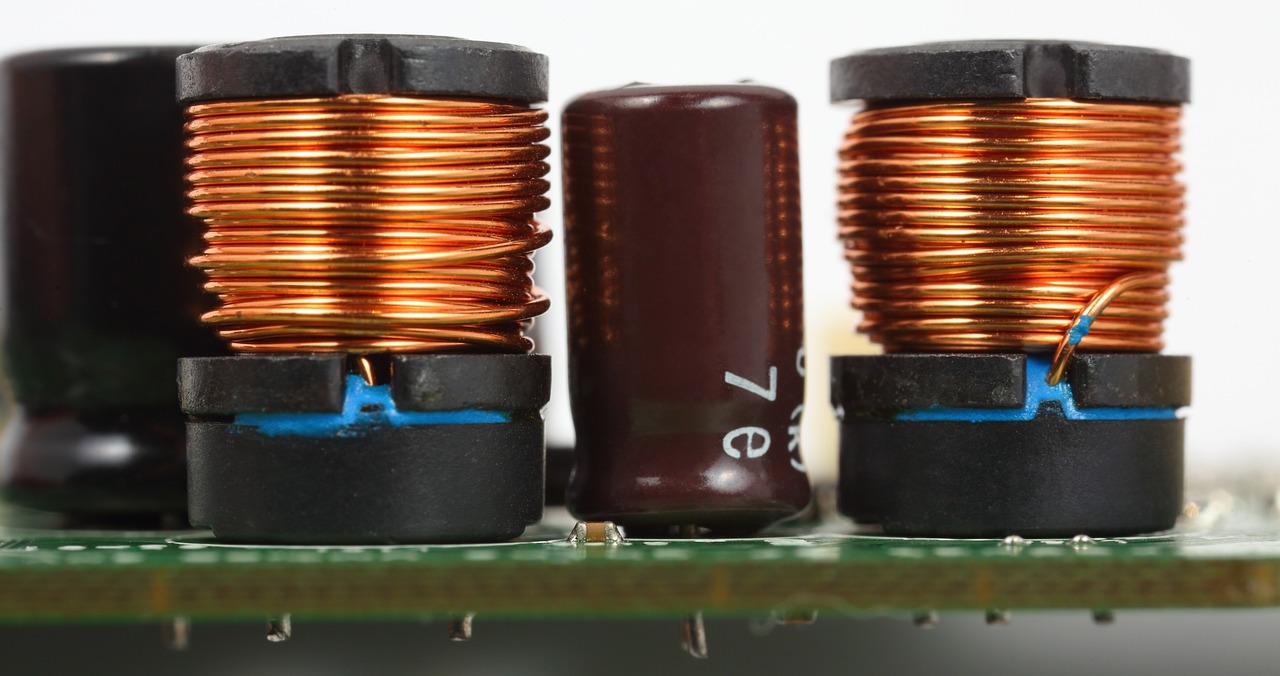

Power Electronics
Course provides 9 ECTS credits and is taught in English. The course covers theoretical and practical aspects of power electronics, focusing on semiconductor devices, magnetic components, and key power conversion circuits. Students will learn to design and control static energy conversion systems, estimate efficiency and losses, and develop skills in analog design and signal conditioning. The course includes lectures, lab sessions, and simulations, with evaluation through oral exams and technical reports.
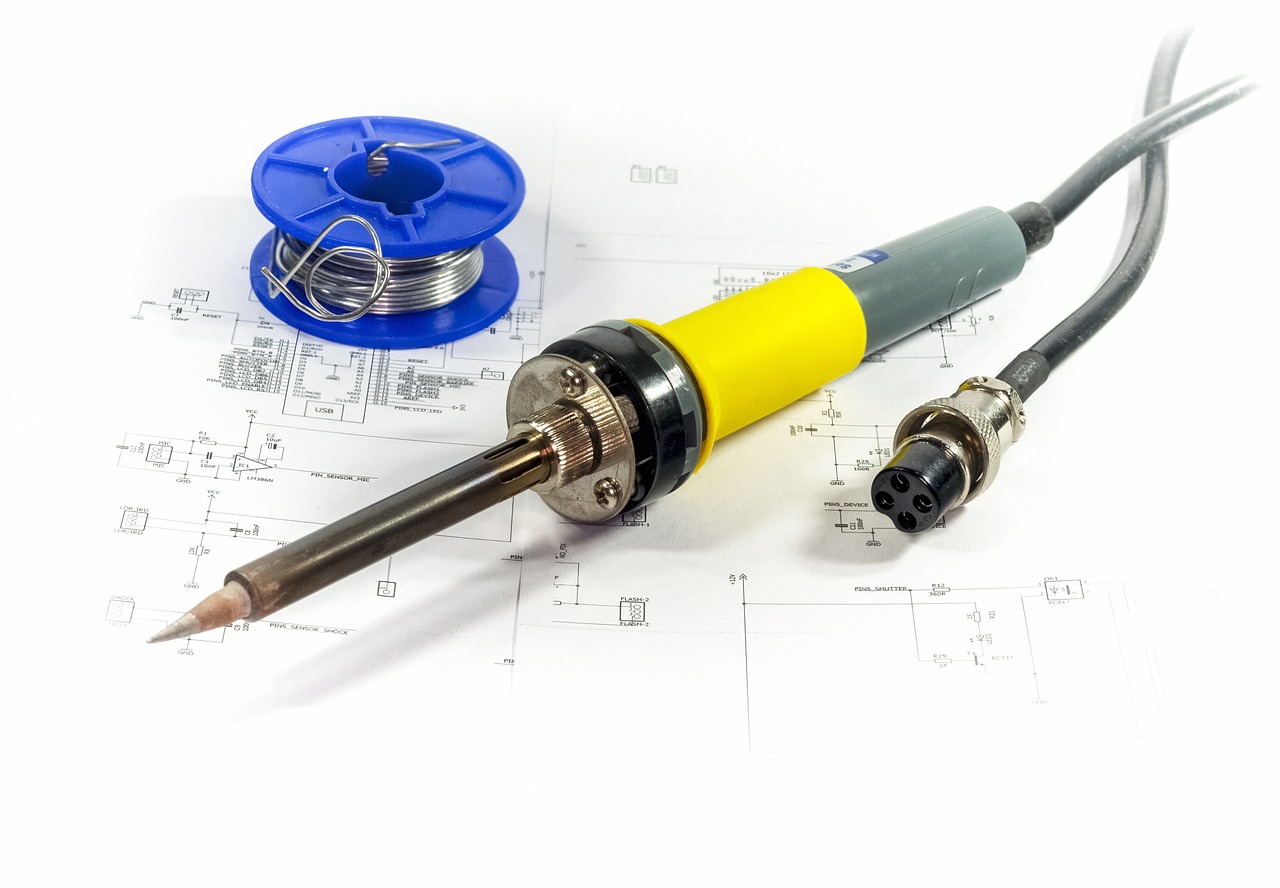

Power Electronics Design
This 9-ECTS credit course, taught in English, focuses on the design and analysis of DC-DC converters. Students will learn about power devices, control techniques, and methods to minimize switching losses. Practical lab sessions and simulations using MATLAB/Simulink and PLECS are integral to the course. The final exam consists of a written test and oral assessment, with an emphasis on theoretical knowledge, simulation skills, and experimental analysis of converter prototypes.
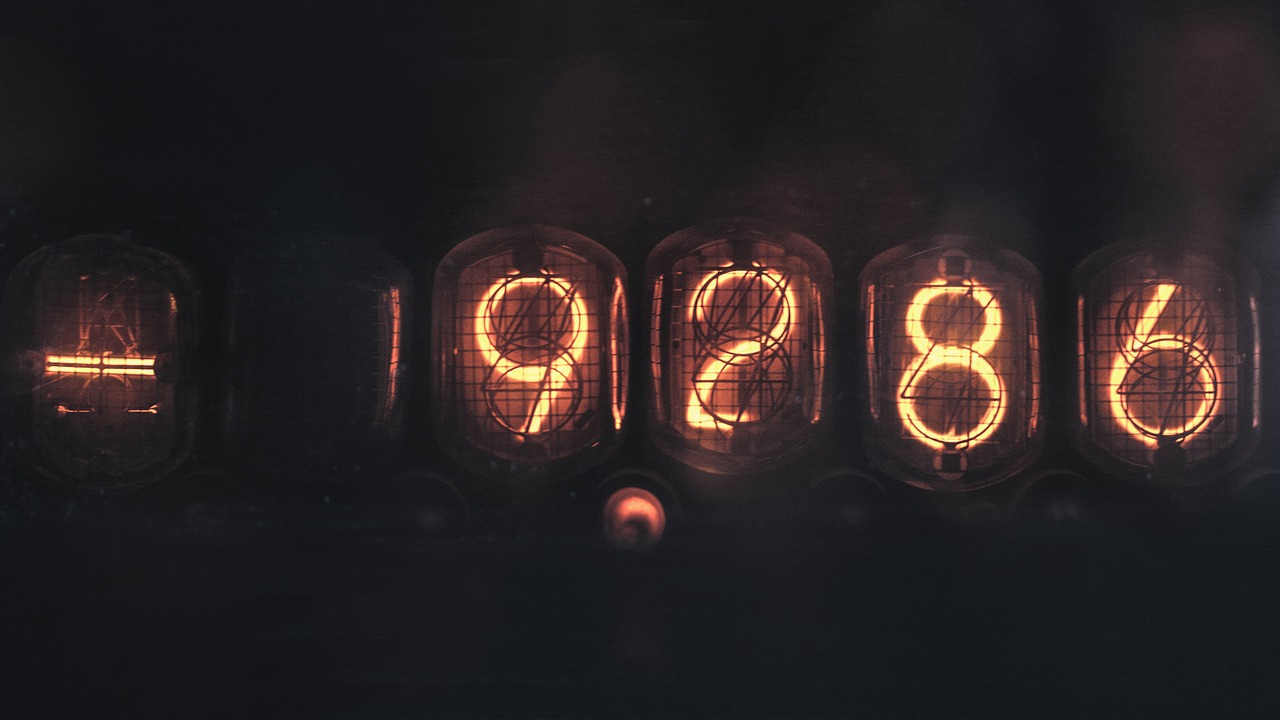
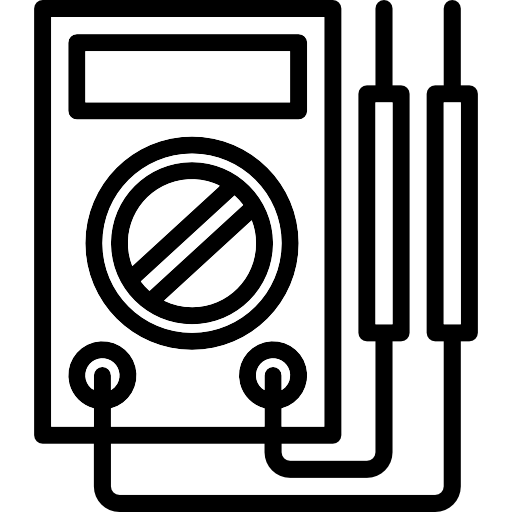
Analog Electronics Design
The “Analog Electronics Design” is a 9-ECTS course offered in the first semester of the 2024/25 academic year for the Master’s degree in Electronic Engineering. Taught by Leopoldo Rossetto, this course focuses on the design and synthesis of analog electronic circuits, such as operational amplifiers, oscillators, and power amplifiers (class A, AB, G). The course combines lectures with intensive lab work, where students will design, prototype, and test circuits. Evaluation consists of an oral exam and a project report. Key learning includes mastering circuit design techniques, thermal analysis, and non-linear system modeling.


Advanced Analog Electronics
The course covers advanced amplifier theory, feedback, frequency response, and stability. The course includes oscillator circuits and emphasizes analysis and design of feedback amplifiers. Students are evaluated through written exams, with an optional oral exam for scores above 24/30. The teaching methods include in-class exercises and video-projections, with supplementary materials provided on Moodle. Key textbooks include works by Jaeger, Sedra, and Smith.


Smart Grids
The Smart Grids course focuses on modernizing power grids using information technology and renewable energy. Topics include power converters, control techniques, distributed generation, and renewable energy systems. Students will develop models using Matlab/Simulink and study practical applications like photovoltaic generation and electric vehicle charging. The exam criteria are under development, with evaluation based on theoretical understanding, problem-solving, and simulation skills.